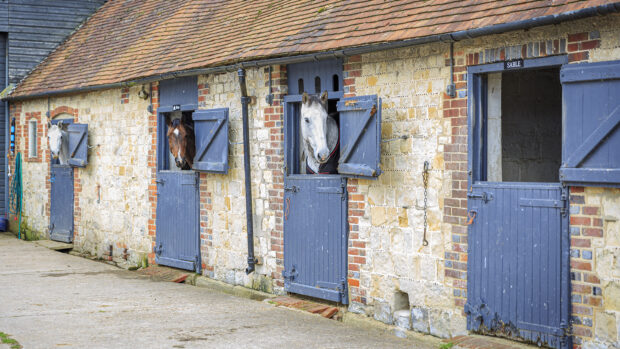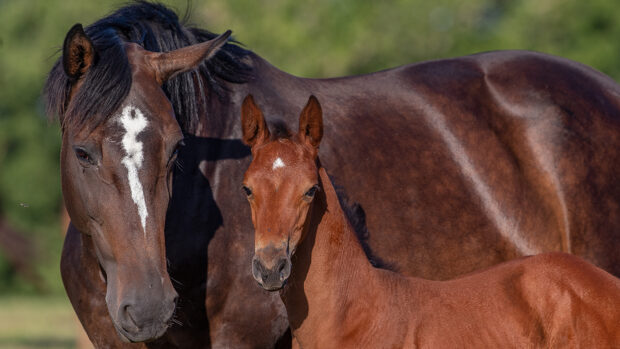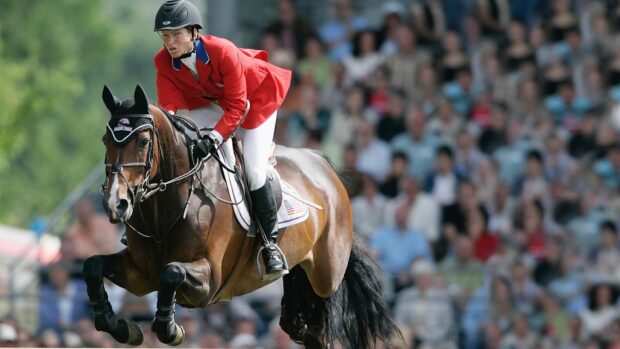An equine herpes (EHV) outbreak is working its way through racehorses stabled at the site of the 2008 Olympics. But officials of the Hong Kong Jockey Club (HKJC) stress that it will not affect this Augusts test event.
Since 10 February, 152 of the 1,100 racehorses at the Sha Tin Racecourse where the horses will be stabled for next years Olympics have been affected by the virus.
EHV is a highly contagious respiratory infection among horses in close contact that can cause a nasal discharge and high temperature and can lead to secondary infection. Although not fatal, horses can take two weeks to recover from EHV in its basic form, but their performance can be affected for considerably longer.
Dr Brian Stewart, HKJC head of veterinary regulation, told H&H: The infection has gradually rolled through the stables. It has averaged only two cases each day and clinical signs noted were fever, occasional swollen limbs and blood abnormalities all mild.
EHV is believed to have spread through shared equipment such as tack, grooming kit and towels. There are no reports of the virus among the rest of Hong Kongs equine population.
The HKJC has invested more than £5million to develop Sha Tin Racecourse to host the show jumping and dressage phases for next years Olympic Games.
This summer, 20 foreign horses will arrive in Hong Kong for a test event (11-13
August), to compete in a CCI** eventing contest, alongside 20 local competitors. The show jumping and dressage phases will be held at Sha Tin, where the horses will be subject to the normal quarantine restrictions applied to visiting racehorses and isolated from local horses. The racehorses are stabled at least 800m from the test event venue and officials stress that no direct contact will be possible.
British team vet John McEwen told H&H: Vaccine usually provides good protection and you need to have close contact to cross-infect and our horses will be in quarantine.
British Equestrian Federation performance director Will Connell also remains unconcerned.
The HKJC has the best veterinary department in the world, he said. The test event is four months away, so I am confident they will have the outbreak under control by then.
For the 2008 Olympics, the 225 expected horses will be in quarantine for seven days at six quarantine centres in Europe, North America and Australasia, prior to travel, followed by a further 10 days quarantined at a new 250-stable complex at the Sha Tin Racecourse.
Throughout the Olympics a complex exercise and competition timetable has been worked out to ensure that the visiting horses and the local horses do not interact.
This news story was first published in Horse & Hound (26 April, ’07)



